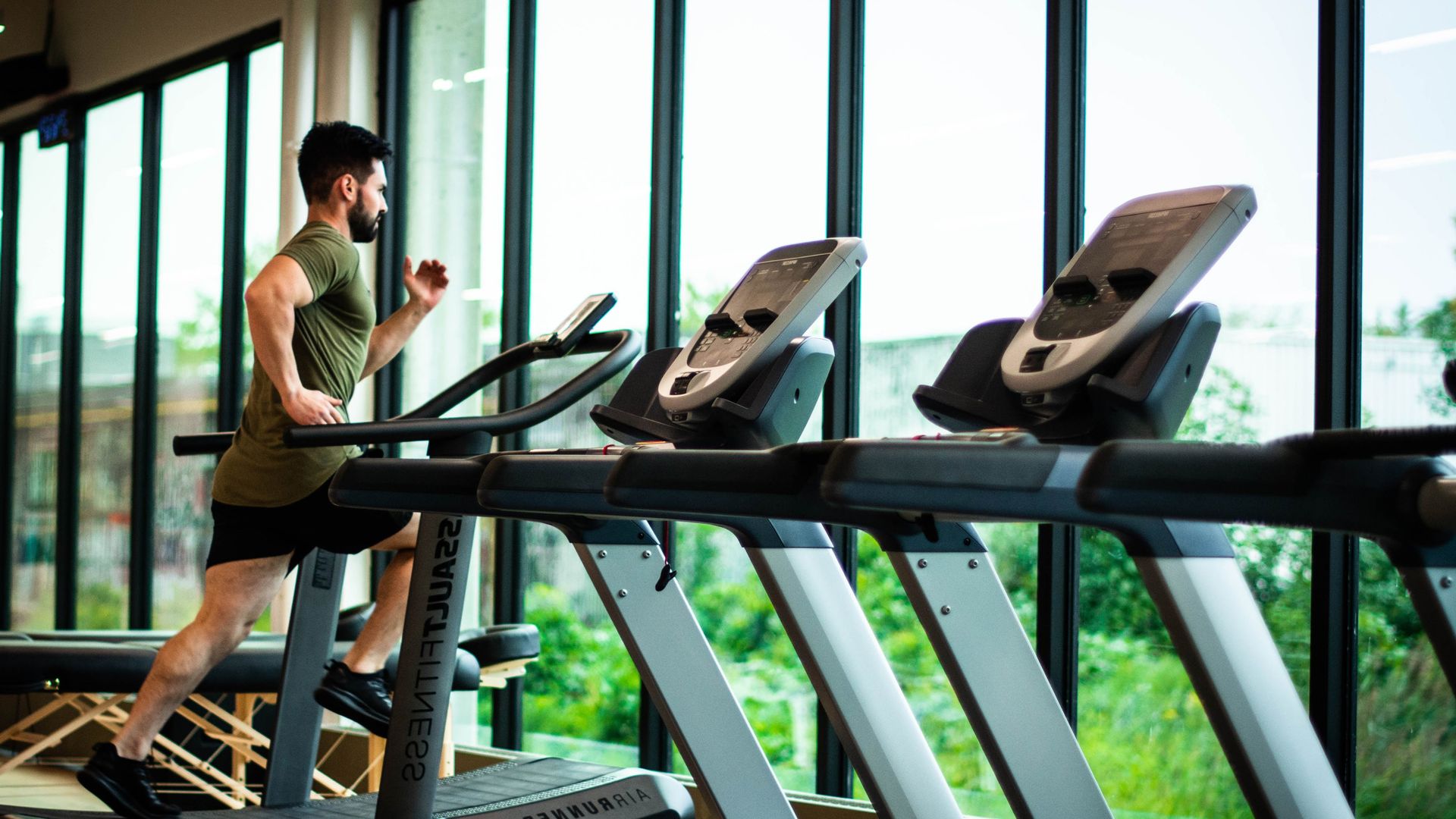QC Tailored for the Fitness Equipment Industry
With global experience in quality testing, we keep up with the current state of regulations for markets around the world, so you don’t have to. Our laboratory tests will ensure your fitness equipment meets international safety standards and the specific requirements of your destination market.
Need more information?
By contacting QIMA you agree to our privacy policy and terms and conditions
Fitness Equipment Testing Requirements
Fitness equipment must comply with relevant laws and directives that include requirements relating to product safety, electrical components and environmental issues. Our accredited laboratories offer the following tests for your fitness products, ensuring that they meet the quality and safety standards of your destination market:
Electrical safety (LVD)
Electromagnetic compatibility (EMC/EMI)
EU Low Voltage Directive compliance
EU Machinery Directive compliance
EU Product Safety Directive compliance
EU Radio Equipment Directive (RED) testing
FCC Radio equipment testing for wireless and RF products
Standby Mode of all Cardiovascular (CV) equipment
Heavy metal analysis (lead, cadmium, mercury, nickel)
Plasticizers (phthalates)
Polycyclic aromatic hydrocarbons (PAH)
Product safety testing (UL/IEC)
Toxics in packaging
US DOE ENERGY STAR Testing
Some of the internationally developed standards considered during the evaluation of fitness equipment include:
EN 957 / ISO 20957 – Stationary Training Equipment Standards
ASTM-F2276 – Standard Specification for Fitness Equipment
ASTM-F1749 – Standard Specification for Fitness Equipment and Fitness Facility Safety Signage and Labels
ASTM-F2571 – Standard Test Methods for Evaluating Design and Performance Characteristics of Fitness Equipment
ASTM-F1250 – Standard Specification for Stationary Upright and Recumbent Exercise Bicycles and Upper and Total Body Ergometers
ASTM-F2115 – Standard Specification for Motorized Treadmills
ASTM-F2810 – Standard Specification for Elliptical Trainers
ASTM-F3105 – Standard Specification for Externally Loaded Strength Training Equipment, Strength Training Benches and External Weight Storage Equipment
ASTM-F3022 – Standard Test Method for Evaluating the Universal Design of Fitness Equipment for Inclusive Use by Persons with Functional Limitations and Impairments
Fitness Equipment Testing Expertise
Our fitness equipment tests cover mechanical, electrical, and chemical concerns to give you confidence in product performance and compliance.
QIMA has global experience testing a wide variety of exercise equipment. Products include:
Stair steppers
Swing steppers
Elliptical machines
Cross trainers
Stationary bikes
Treadmills
Home gym systems
Combined training equipment
Tension and suspension equipment
Pilates equipment
In-line skates / roller skates
Balance balls
Fitness bands
Our testing services include physical, mechanical and chemical tests to check the safety, quality and performance of your fitness products. Depending on the product, these may include:
MECHANICAL TESTS
Dynamic and static standard tests, tensile force/pressure up to 10 kN
Dynamic and static custom tests, tensile force/pressure up to 20 kN
Strength tests
Durability tests
Verification of performance characteristics
Internal construction review
Motor rotation
Noise level measurement
Power cord pull test
Product function/performance test
Stability test
ELECTRICAL AND ELECTRONIC TESTS
Electrical safety (LVD)
Battery testing
Electromagnetic compatibility (EMC)
Eco design
Energy labeling testing
RED (Radio Equipment Directive)
Power consumption and standby mode
IoT (e.g., wi-fi, Bluetooth, cybersecurity)
CHEMICAL TESTS
Prohibited azo dyes according to REACh Annex XVII
Dispersion dyes
Plasticizers (phthalates)
RoHS conformity
Certifications for the Fitness Equipment Industry
QIMA also offers certification for your fitness products, which allow you to demonstrate superior product quality and safety to your consumers. Below are some of the services you may choose from:
The QIMA Benefits
Global coverage in over 100 countries in Asia, Africa, Europe, North and South America.
Flexibility with fully customizable programs and reports to save time and cost.
Risk-based approach with analytical data to help you proactively identify and prevent quality and safety issues in your supply chain
Fully certified and accredited to all major inspection, audit and testing schemes.
Custom dashboard to identify trends and make informed decisions in real-time.
Personalized service with dedicated account manager and 24 hour customer support
